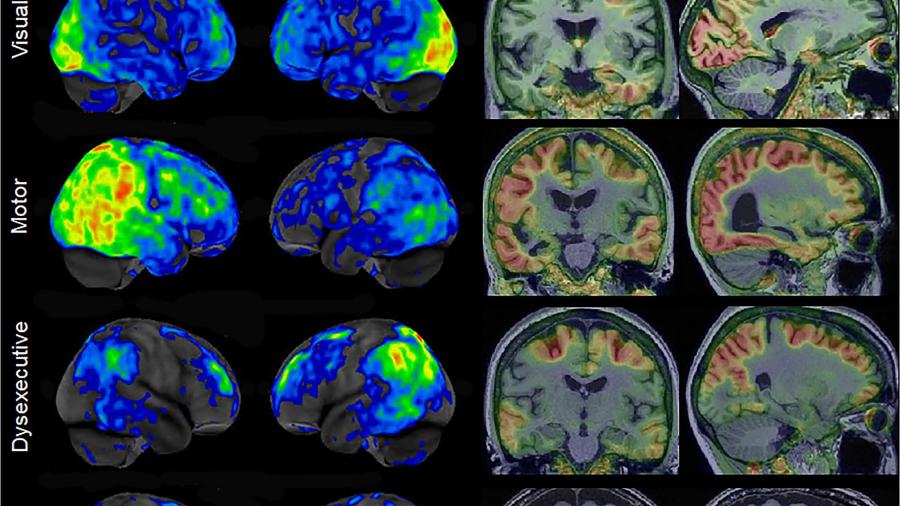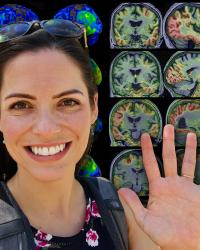New "Ask a Biologist" episode offers a look at the various forms of dementia

Dementia, an umbrella term used to describe various forms of cognitive decline, such as Alzheimer's and Lewy body dementia, affects millions worldwide. With an expected surge to over 130 million cases by 2050, the search for effective treatments and early diagnostic methods is more urgent than ever. The personal impact of dementia, particularly Alzheimer's, cannot be overstated. As we witness loved ones struggle with the disease, we're reminded of the critical importance of understanding and addressing dementia.
In this recent podcast episode, we explore the reality of dementia, examining the anticipated increase in prevalence and how early diagnosis could serve as a lifeline for those affected. Our special guest, Kimberly Olney, a bioinformatics scientist from the Mayo Clinic, offers a beacon of hope in the murky waters of Alzheimer's and Lewy body dementia research.
The conversation begins with a personal account of Alzheimer's impact, highlighting the transition from in-home care to a memory care facility, and the importance of early diagnosis. This story resonates with millions, setting the stage for a deeper discussion on the various manifestations of dementia. We confront the stark differences in cognitive impairments and pathologies that define each type, emphasizing the significance of understanding these nuances.
Age is the predominant risk factor for Alzheimer's, yet the myths surrounding the heritability of dementia are numerous. Most cases are sporadic, with genetic and environmental factors contributing to the disease. A promising new drug designed to slow the progression of Alzheimer's offers a ray of hope, though we candidly address the challenges still faced in diagnosis and treatment.
Bioinformatics, the field in which scientists like Kimberly Olney work tirelessly, involves sifting through mountains of data to uncover clues that could unlock the secrets of neurodegenerative diseases. The episode dives into the daily work of a bioinformatics scientist, the high-performance computing required for their analyses, and the different types of data that are crucial for research. Early detection, emphasized as a key to treatment, may be revolutionized by the potential of wearables to monitor early signs of dementia.
Kimberly Olney shares insights from her research at the Mayo Clinic, including the complexities and current understanding of Alzheimer's and Lewy body dementia. The podcast encourages listeners to delve further into these topics through additional resources provided in the show notes. It emphasizes the importance of staying informed and curious in the face of neurodegenerative diseases.
This episode offers a quick informative look at the various forms of dementia for those who want to learn more about complexity of these diseases.
Written by Chuck Kazilek

